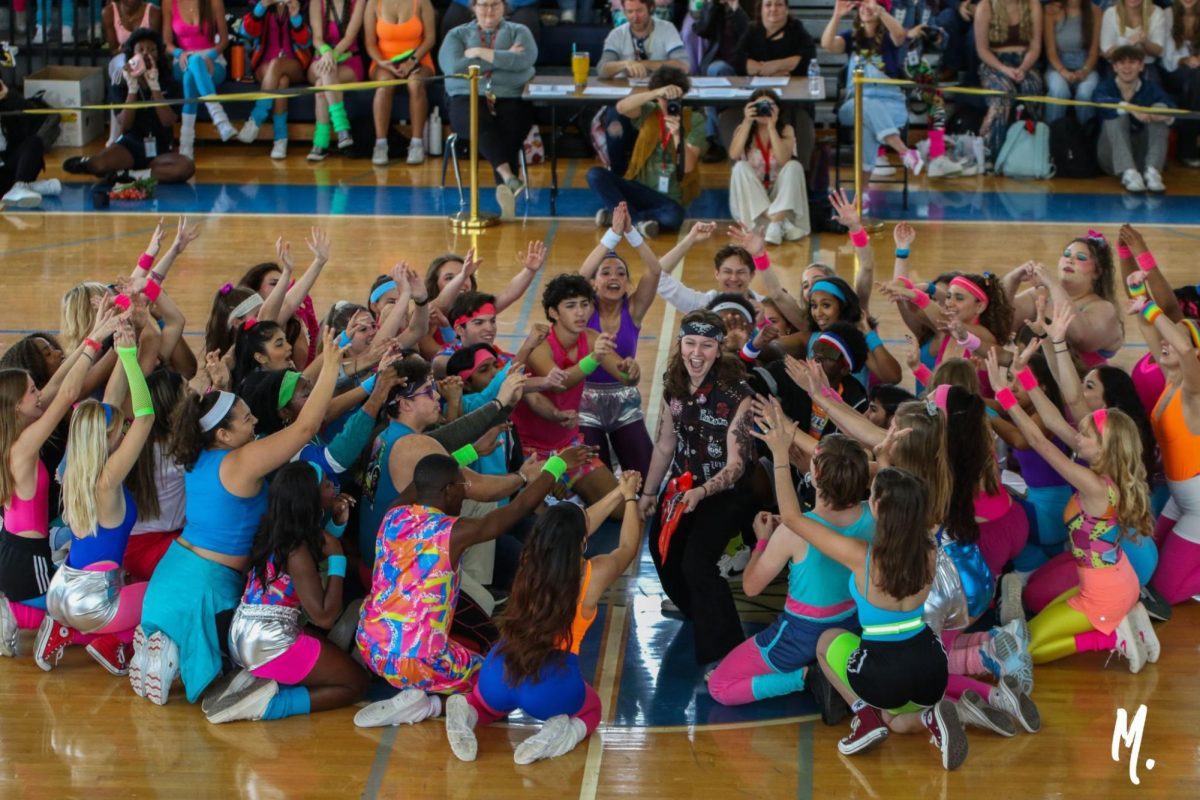Anyone who understands that although “Game of Thrones,” is shown on HBO, it is the most illegally streamed show in history, understands the basic issues of removing net neutrality.
Since the establishment of HBO and Cinemax as the first premium pay services in 1991, the concept of premium channels is clear and embedded in our understanding of how television works. When purchasing cable plans, consumers are limited to the channels they can view due to the money they pay. A package including channels like HBO costs more money than a basic cable package. Luckily, the internet does not limit the websites we can view due to monetary reasons. At least, it didn’t until legislation passed that threatens the principle of net neutrality.
Net neutrality is the internet’s first amendment. It’s the principle that all data on the internet will be treated the same and that internet service providers cannot prioritize one form of content over another. While the debate about net neutrality has exploded recently, it’s an issue that has been ongoing for years.
In Dec. 2010, the Federal Communications Commission, or FCC, adopted rules that allowed them to enforce internet service providers to treat all web content equally. In Jan. 2011, Verizon filed a legal appeal under the argument that the FCC didn’t have the authority to make those rules. In Jan. 2014, The D.C. Circuit Court of Appeals ruled in Verizon’s favor. They stated that due to loopholes in the legal framework the FCC used to craft their rules, they were unable to enforce them.
The problem with the FCC’s framework was how they classified what internet service providers were. Congress passed the 1996 Telecommunications Act as a way to prohibit internet service providers from discriminating against content. However, the FCC decided to reclassify internet service providers as “information services” instead of providers of telecommunications services, which negates the authority of the 1996 Telecommunications Act. Former FCC Chairman Michael Powell who backed this decision went on to become president of the National Cable and Telecommunications Association, which is worrisome as it suggests he might have had a secret agenda behind making these decisions.
In Feb. 2014, Netflix and Comcast reached an agreement where Netflix will pay Comcast in exchange for a faster connection to internet users. “Okay,” you might be thinking, “I can watch my episodes of Parks and Recreation at a faster speed. How is that a bad thing?”
Given as Cable companies are usually internet service providers as well, the agreement between Netflix and Comcast has the potential to create a snowball effect that opens the door for internet service providers to regulate accessibility to websites based on their ability to pay. Thus, ruling against net neutrality create difficulties for small businesses and independent users that depend on the internet as a business platform. The effect could even extend to internet media based revolutions like Ferguson or the Arab Spring to be extinguished in their paths due to lack of support, as internet service providers could have the authority to censor or slow down this content from reaching consumers.
As the FCC was unable to enforce the net neutrality policy established in 2010, they drafted a new policy. In May 2014, they voted to open the floor to public opinion about what to include in new policy for four months, through Sept. 15. As the open floor came to a close, many of the comments continued to urge the FCC to reclassify internet service providers as providers of telecommunication services in order to give the FCC the authority to enforce policies that protect net neutrality.
On Sep. 10, Battle for the Net organized an internet slowdown day. Websites displayed an alert with a loading symbol, which symbolized the internet slow lanes that could result for websites that don’t pay internet service providers for faster traffic. These alerts prompted a call to action for emailing or calling lawmakers resulting in over 2 million emails sent to Congress and over 700,000 comments filed to the FCC.
Below are organizations that are dedicated to promoting a free internet. If you believe that all content should be treated equal, then you can get involved with these organizations and fight for a free internet:
